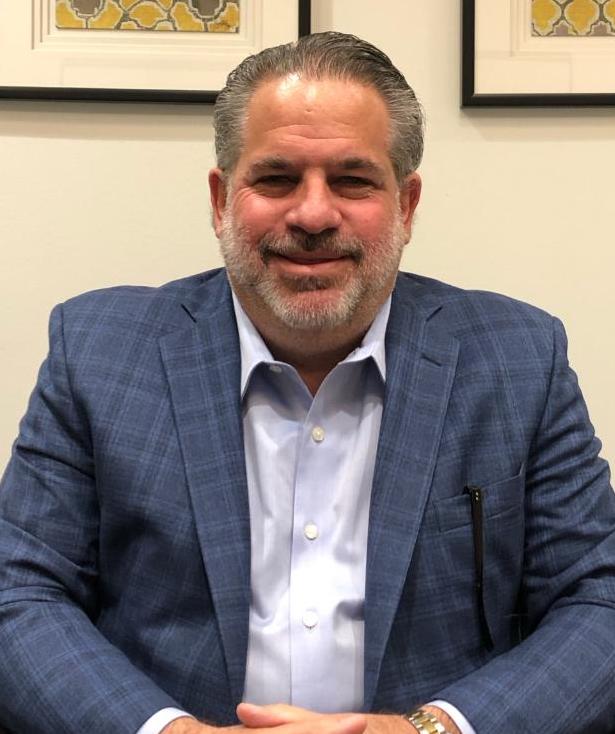Editor’s Note: The winner of the Chief Officer Awards Private Company COO Award announced June 17 is Charles Beard of Guidehouse.
On June 17, WashingtonExec will be virtually celebrating the most impactful and innovative C-suite executives in government and industry. These chief officers work in technology, security, data, operations, finance, business and more, excelling on both sides of the government contracting sector. Our team of judges have chosen the finalists for the inaugural Chief Officer Awards, so before we announce the winners during the event, we wanted to get to know the finalists a bit better. This Q&A series highlights their careers, successes, proud professional moments and notable risks.

Mike Cuccia is the chief operating officer at AllCom Global Services and a finalist in the Private Company COO Award category.
What key achievements did you have in 2019?
2019 was a big year for me personally and for AllCom. During that time, I was given the opportunity to go from leading the largest and most profitable part of the business to assuming overall operational responsibility for the entire company. While daunting at first, I focused implementing standard management operational practices and protocols across AllCom’s three business units.
While customers and offerings varied by business area, I was able to implement a consistent service delivery model across the enterprise which included managing resources, contracts, management reporting and quality management.
What has made you successful in your current role?
Someone told me a long time ago that you cannot manage what you don’t understand. My entire career I have made it a point to get involved with the details. From meeting the customer, engaging with our employees, asking a lot of questions, soliciting input and ideas from all parties and most importantly, leading by example getting my hands dirty by doing real work. Doing so lets me take what can seem to be complex and overwhelming challenges, and then breaking them down into bite sizes that can be accomplished by my team.
In my current role managing operations for the whole company, I have had to expand my understanding of both our customers and offerings and how we at AllCom can best support our customers missions.
What was a turning point or inflection point in your career? –
I had the benefit and privilege to learning the government contracting business from the ground up. Early in my career, I had the opportunity to be part of Signal Corp., which went from a small 8A to a hugely successful enterprise. I started as a recruiter, where I learned about the work, the customer, contracts and most importantly, the people and skills sets needed for success in the business. By the time I left Signal as vice president of corporate services, I had experienced a huge part of what it takes to be operationally successful in the government contracting space.
It is amazing looking back the team of people I worked with and seeing how all of them have had very successful careers in their own right.
What are you most proud of having been a part of in your current organization? –
AllCom has experienced tremendous growth over the last three years with revenues increasing approximately 400%. Part of that success came from successfully acquiring and more importantly integrated two acquisitions, which greatly expanded our customer base and offerings.
As anyone who has been through acquisitions can attest, closing the deal can seem hard, integrating the company is hard. Having been in charge of bringing the companies into AllCom, I am happy to say that we were able to integrate both with little or no loss of either customers or employees. I am very proud of that.
How do you help shape the next-generation of government leaders/industry leaders? –
AllCom is in the business of engineering, furnishing and installing infrastructure technology for our government customers. Often, I find that our customers are overly focused at what they need today and thinking less about the requirements they will have in the future.
I often get the opportunity to engage with customers and technical leaders in my organization, and when doing so, I often do something my father taught me at young age: Talk less and listen more. In many cases, government customers have preconceived notions of what they need to be successful.
I have found that by encouraging open and transparent dialog, it is easier to consider future scenarios and discuss examples of innovation and options to consider now. Doing so not only builds trust with the customers but can but ultimately end up leading to at a better solution for the problem today that will still meet the needs of tomorrow. I encourage my team to take that perspective to our government customers whenever possible and appropriate.

